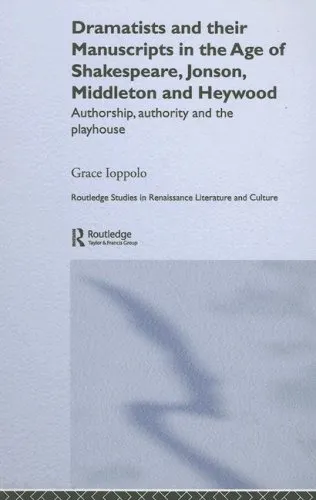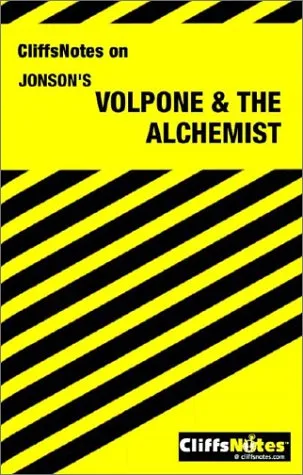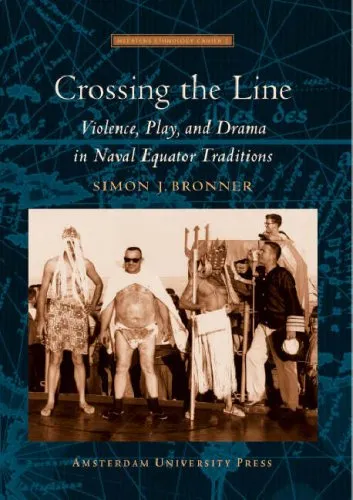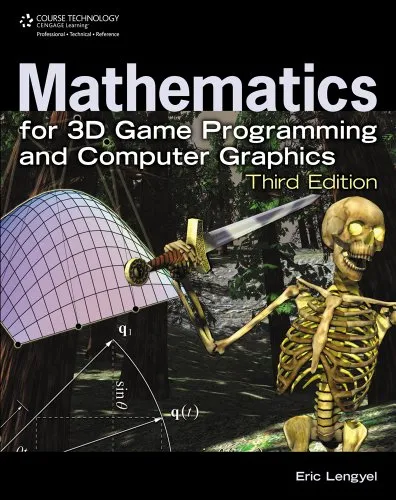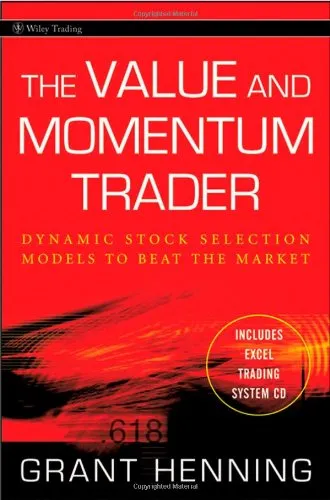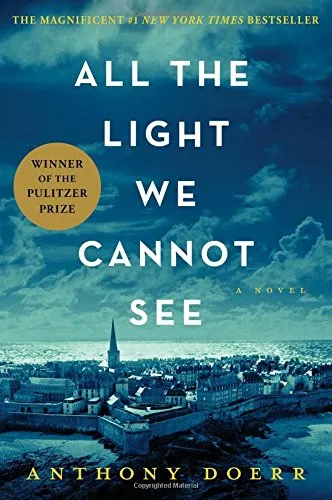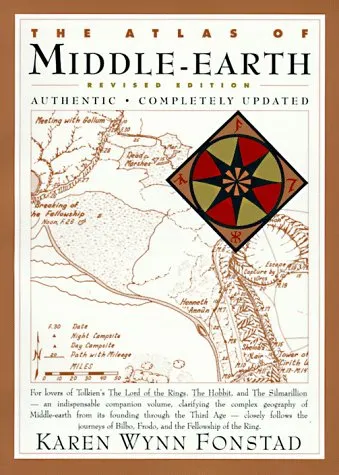Dramatists and Their Manuscripts in the Age of Shakespeare, Jonson, Middleton, and Heywood: Authorship, Authority, and the Playhouse (Routledge Studies in Renaissance Literature and Culture)
4.8
Reviews from our users

You Can Ask your questions from this book's AI after Login
Each download or ask from book AI costs 2 points. To earn more free points, please visit the Points Guide Page and complete some valuable actions.Related Refrences:
This book presents new evidence about the ways in which English Renaissance dramatists such as William Shakespeare, Ben Jonson, Thomas Heywood, John Fletcher and Thomas Middleton composed their plays and the degree to which they participated in the dissemination of their texts to theatrical audiences. Grace Ioppolo argues that the path of the transmission of the text was not linear, from author to censor to playhouse to audience - as has been universally argued by scholars - but circular. Extant dramatic manuscripts, theatre records and accounts, as well as authorial contracts, memoirs, receipts and other archival evidence, are used to prove that the text returned to the author at various stages, including during rehearsal and after performance. This monograph provides much new information and case studies, and is a fascinating contribution to the fields of Shakespeare studies, English Renaissance drama studies, manuscript studies, textual study and bibliography and theatre history.
Free Direct Download
You Can Download this book after Login
Accessing books through legal platforms and public libraries not only supports the rights of authors and publishers but also contributes to the sustainability of reading culture. Before downloading, please take a moment to consider these options.
Find this book on other platforms:
WorldCat helps you find books in libraries worldwide.
See ratings, reviews, and discussions on Goodreads.
Find and buy rare or used books on AbeBooks.
1206
بازدید4.8
امتیاز0
نظر98%
رضایتReviews:
4.8
Based on 0 users review
Questions & Answers
Ask questions about this book or help others by answering
Please login to ask a question
No questions yet. Be the first to ask!
